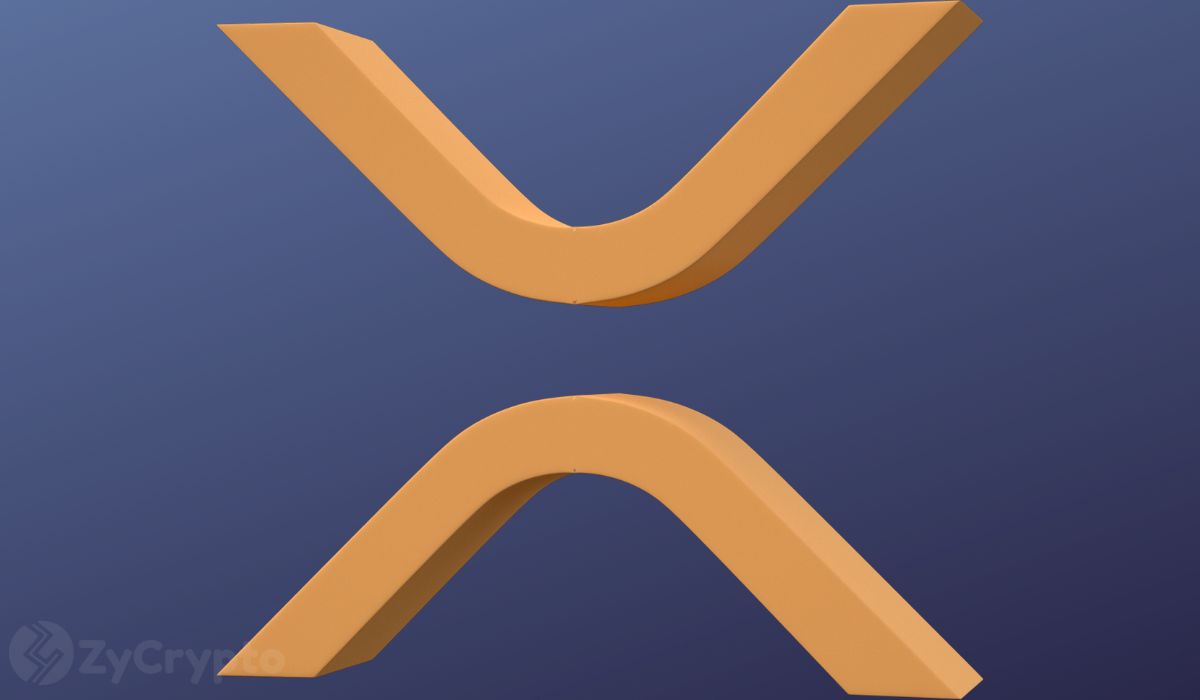Cboe to Launch Perpetual Bitcoin and Ether Futures in US Market
Major derivatives exchange Cboe Global Markets is preparing to introduce perpetual-style Bitcoin and Ether futures contracts in the United States, offering cryptocurrency investors expanded trading opportunities in regulated markets.
Perpetual Futures Come to Traditional Exchanges
Cboe's upcoming perpetual futures products represent a significant evolution in cryptocurrency derivatives trading. Unlike traditional futures contracts with fixed expiration dates, perpetual futures allow traders to maintain positions indefinitely without rolling over contracts.
This structure, popularized by cryptocurrency-native exchanges, enables more flexible trading strategies and closer price tracking to spot markets. The absence of expiration dates eliminates the need for contract rollovers, reducing complexity and potential costs for active traders.
By bringing perpetual futures to a regulated US exchange, Cboe addresses growing institutional demand for sophisticated crypto trading instruments within compliant frameworks. This move bridges the gap between traditional finance infrastructure and crypto-native trading mechanisms.
Expanding Cryptocurrency Trading Options
The introduction of Bitcoin and Ether perpetual futures at Cboe significantly expands the toolkit available to US cryptocurrency investors. These products complement existing cash-settled futures and options already offered by the exchange.
Perpetual futures provide several advantages for traders. The continuous nature of these contracts allows for more precise hedging strategies and speculation without the friction of monthly or quarterly expirations. Price convergence with spot markets tends to be tighter due to funding rate mechanisms that incentivize arbitrage.
Institutional investors particularly benefit from accessing perpetual futures through regulated exchanges. Cboe's infrastructure offers robust risk management, transparent pricing, and regulatory oversight that many institutions require for participation in cryptocurrency markets.
Regulatory Framework and Market Impact
Cboe's launch of perpetual futures reflects evolving regulatory acceptance of cryptocurrency derivatives in the United States. The Commodity Futures Trading Commission (CFTC) oversees these products, providing institutional-grade regulatory supervision.
This development comes as traditional financial institutions increasingly seek cryptocurrency exposure through regulated channels. Perpetual futures on established exchanges lower barriers to entry for risk-averse institutions that avoid unregulated platforms.
The availability of perpetual futures at Cboe may attract significant trading volume from both institutional and sophisticated retail investors. Current perpetual futures trading is dominated by offshore exchanges, representing a substantial market that US-regulated venues can now capture.
Industry analysts anticipate that Cboe's perpetual futures could improve price discovery and market efficiency for Bitcoin and Ether. The integration of these products into traditional financial infrastructure may also accelerate broader institutional adoption of cryptocurrency investments.
As cryptocurrency markets mature, the convergence of traditional and crypto-native trading mechanisms becomes increasingly important. Cboe's initiative demonstrates how established financial institutions are adapting to meet evolving investor demands while maintaining regulatory compliance.
También te puede interesar

RLUSD at Center of New Trading and Lending Alliance

This U.S. politician’s suspicious stock trade just returned over 200% in weeks
